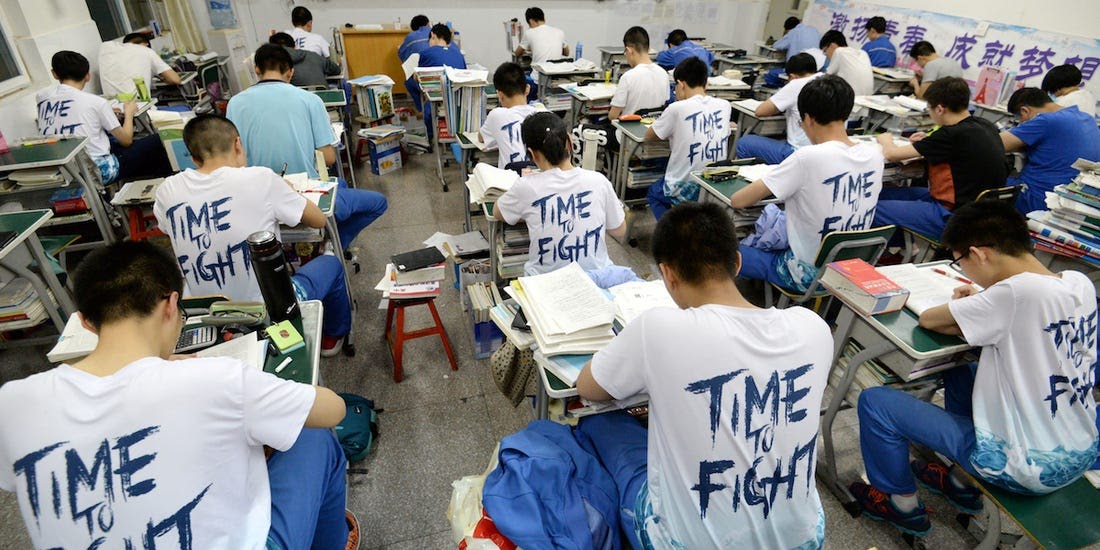China faces college admissions scandal after identity theft cases reported in Shandong
In theory, China’s nationwide college entrance examination is built on fairness and transparency. But this belief has been called into question in after allegations emerged that children from wealthy and well-connected families in Shandong Province had stolen the identities of students from disadvantaged backgrounds and attended their dream schools.

In theory, the gaokao (高考 gāokǎo), China’s nationwide college entrance examination, is built on fairness and transparency. It’s supposed to be China’s greatest equalizer: For students from low-income families in rural areas, excelling at the gaokao and going to a university is almost the only reliable pathway for upward mobility.
But this widespread belief has been called into question in recent weeks after allegations emerged that a host of children from wealthy and well-connected families in Shandong Province had stolen identities of students from disadvantaged backgrounds and attended their dream schools.
The scandal first came to light in mid-June when a series of news articles reported that Chén Chūnxiù 陈春秀, a 36-year-old woman in Shandong, decided to seek justice after she found out that someone used her identity to attend a college in 2004 and successfully graduated four years later.
For the past 16 years, Chen had been in the dark and living with regret, thinking she had not scored well on the gaokao exam. Embarrassed by her “failure,” Chen rejected her father’s advice that she go back to high school and take the exam again. In the following years, Chen left her village and worked as a factory worker and waitress in the city of Yantai.
It wasn’t until this May that Chen discovered the truth. When filling in forms for an adult education school, Chen was told that records of her education history showed her enrollment at Shandong University of Technology (SDUT), a school she applied to 16 years ago. Per her request, SDUT conducted an investigation and found out that Chen actually scored high enough to attend the school but that an imposter stole her identity and took her place.
“My emotions suddenly got out of control when I heard the truth,” Chen said in an interview (in Chinese). “I want to confront the imposter and ask her why she’s so selfish. The person who pulled the strings for her is even more abominable!”
In the wake of the allegations, education officials in Shandong created a special group in June to investigate people involved in the case. The probe revealed that the imposter, also surnamed Chen, is now a government worker at a local audit office. Her uncle is the director of a county’s audit bureau and her father is a successful businessman who has connections in many departments in the local government.
When questioned, the imposter admitted she used Chen Chunxiu’s identity, but she was unaware of details regarding the practice. She has since been suspended from her job.
Chen’s case is not an isolated event, but rather the tip of an iceberg. This week, another woman in Shandong took to social media alleging (in Chinese) that she was a victim of identity theft in 1997 and 1998. The Southern Weekly, a newspaper based in Guangzhou, reported (in Chinese) that in 2018, 14 universities in Shandong discovered a total of 242 cases of identity theft in their admissions.
The news of Chen’s case has triggered an outpouring of anger on Chinese social media, with many people calling on law enforcement to hold everyone involved in the scam accountable for their actions. “The theft has changed Chen’s entire life in a negative and irreversible way. A price needs to be paid!” a Weibo user wrote. Many observers also pointed out that the scandal exposed a glaring weakness in China’s college admissions system, saying that while it’s designed to achieve equality and fairness, corruption has been plaguing the system for far too long.






